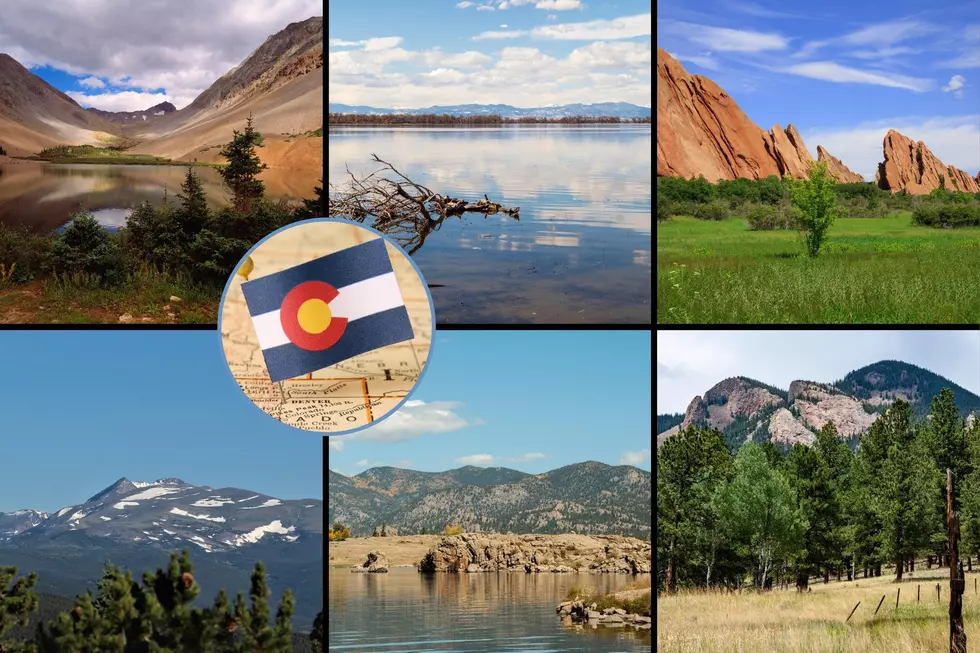
Here’s What You Need to Know About Monsoon Season in Colorado
During the summer months in Colorado, storms brewing in the air can likely be attributed to the Monsoon season.
If you've noticed a shift in the weather here in Colorado and more rain than usual, it's probably due to the Monsoon season.

The North American Monsoon: What is It?
According to National Geographic, a Monsoon is:
a seasonal change in the direction of the prevailing, or strongest, winds of a region. Monsoons cause wet and dry seasons throughout much of the tropics.
Basically, the North American monsoon occurs when the wind patterns reverse which causes moisture to flow from the Gulf of California to the southwestern region of America.
When is Monsoon Season in Colorado?
Typically monsoon season occurs in Colorado during the summer months from July to August according to the Colorado Climate Center.
However, the official start date of the North American monsoon is June 15th. From June to mid-July the monsoon is pushing into Arizona and New Mexico and then it finally makes its way into Colorado.
The monsoon season often brings much-needed rain to areas affected by drought in Colorado.
Can Monsoons Cause Headaches?
Many people frequently report headaches during monsoon season here in Colorado. Experts believe that a shift in barometric pressure can trigger migraines, but there is no diagnostic criteria for "monsoon migraines."
12News spoke with a local doctor, Dr. Bhuyan who stated:
When the dust kicks up, a lot of my patients come in they say it's really dusty, they might have some nasal congestion, pressure behind their eyes, they'll have a squeezing headache, they think they have a sinus infection; they actually just have a migraine headache...
We see what we call the monsoon migraine, so whenever there's a drop in barometric pressure we see an uptick in patients with migraine headaches.
So, if you're experiencing frequent migraines during monsoon season, you are definitely not alone.
Typical Summertime Temperatures In Colorado
The Highest Wind Gusts Recorded Each of the Past 25 Years in Colorado
The Nine Biggest Storms in the Colorado Blizzard Hall of Fame
More From 103.7 The River









